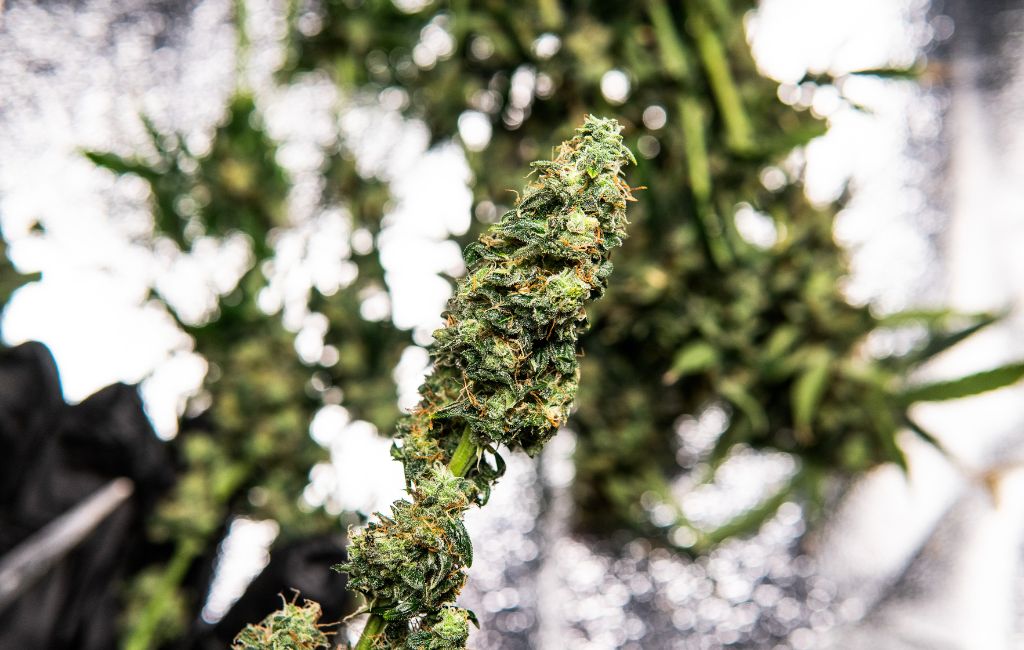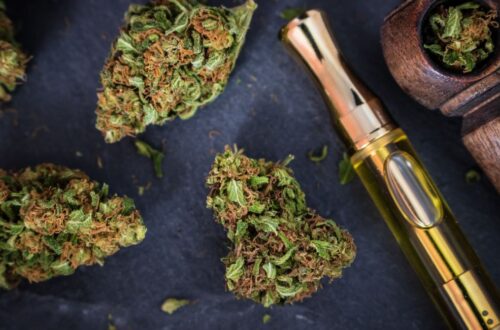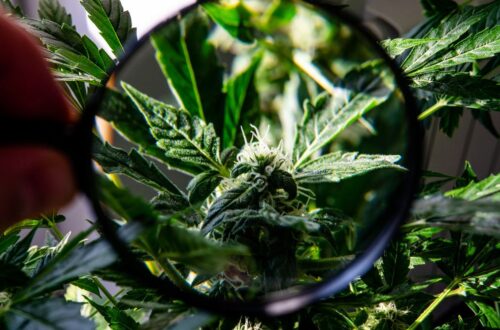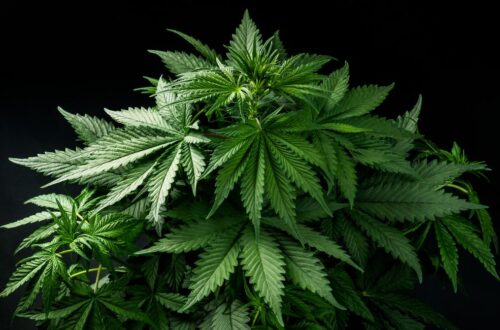THCa Flower Legality: What You Need to Know
The world of cannabis is evolving rapidly, with new products and compounds emerging regularly. One such compound gaining attention is THCa, or tetrahydrocannabinolic acid. As interest in THCa grows, understanding its legal status becomes increasingly important. This article explores the THCa flower legality, providing insights into its current status and future implications.
Understanding THCa
THCa is a non-psychoactive cannabinoid found in raw and live cannabis plants. Unlike THC, which is known for its psychoactive effects, THCa does not produce a “high” when consumed in its natural form. It is only when THCa is heated through smoking, vaping, or cooking that it converts into THC, the compound responsible for the psychoactive effects.
The Legal Landscape of THCa
The legality of THCa is complex and varies significantly across different jurisdictions. This complexity arises from the fact that THCa itself is not psychoactive, but it can convert into THC, which is a controlled substance in many places.
Federal Regulations in the United States
In the United States, the legal status of THCa is closely tied to the regulations surrounding THC. Under the Controlled Substances Act, THC is classified as a Schedule I substance, making it illegal at the federal level. However, the 2018 Farm Bill legalized hemp and its derivatives, provided they contain less than 0.3% THC. This has led to some ambiguity regarding THCa, as it is not explicitly mentioned in the legislation.
State-Level Variations
State laws regarding THCa can differ widely. Some states have embraced cannabis reform, legalizing both medical and recreational use, which may include THCa products. Other states maintain strict prohibitions on cannabis, including THCa. It’s crucial for consumers and businesses to be aware of the specific regulations in their state.
- California: Allows the sale and consumption of THCa products under its recreational cannabis laws.
- Texas: Maintains strict cannabis laws, making THCa products largely inaccessible.
- Colorado: Permits THCa products as part of its comprehensive cannabis legalization.
International Perspectives
Globally, the legal status of THCa varies just as much as it does within the United States. Some countries have progressive cannabis laws, while others maintain strict prohibitions.
Canada
Canada’s Cannabis Act legalizes cannabis for both medical and recreational use, including THCa products. The country has established a regulated market for cannabis, ensuring product safety and quality.
European Union
The European Union presents a patchwork of cannabis laws. While some countries like the Netherlands have more lenient policies, others maintain strict prohibitions. The legal status of THCa often depends on its THC content and intended use.
Case Studies and Examples
Examining specific cases can provide valuable insights into the legal challenges and opportunities surrounding THCa.
Case Study: California’s Cannabis Market
California, a pioneer in cannabis legalization, has seen a growing market for THCa products. The state’s regulatory framework allows for the sale of raw cannabis products, including those high in THCa. This has led to innovation in product offerings, from THCa-rich tinctures to raw cannabis smoothies.
Example: Hemp-Derived THCa Products
Some companies have begun producing THCa products derived from hemp, which is legal under the 2018 Farm Bill. These products are marketed as non-psychoactive alternatives to traditional cannabis, appealing to consumers seeking the potential benefits of cannabinoids without the high.
Statistics and Market Trends
The cannabis market is experiencing significant growth, with THCa products becoming an increasingly important segment. According to a report by Grand View Research, the global legal cannabis market size was valued at USD 17.5 billion in 2019 and is expected to expand at a compound annual growth rate (CAGR) of 18.1% from 2020 to 2027. As consumer interest in non-psychoactive cannabinoids grows, THCa products are likely to capture a larger share of this market.
Challenges and Considerations
Despite the potential of THCa, several challenges remain. Legal ambiguities, regulatory hurdles, and consumer education are key issues that need addressing.
- Legal Ambiguities: The lack of clear regulations regarding THCa can create confusion for consumers and businesses alike.
- Regulatory Hurdles: Navigating the complex web of state and federal laws can be challenging for companies looking to enter the THCa market.
- Consumer Education: Many consumers are still unfamiliar with THCa and its potential benefits, highlighting the need for effective education and marketing strategies.
Conclusion
The legal status of THCa flower is a dynamic and evolving issue. As cannabis laws continue to change, understanding the nuances of THCa legality is crucial for consumers, businesses, and policymakers. While challenges remain, the growing interest in non-psychoactive cannabinoids presents significant opportunities for innovation and growth in the cannabis industry. Staying informed and adaptable will be key to navigating this complex landscape.





